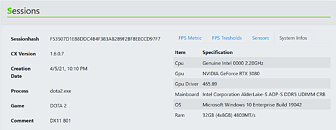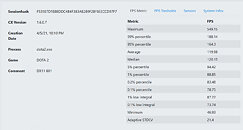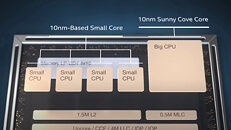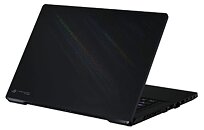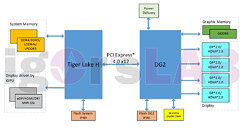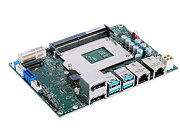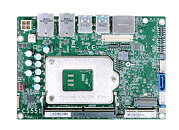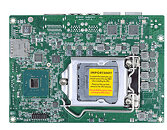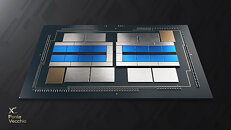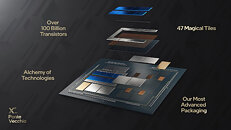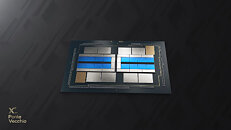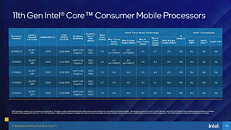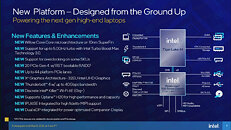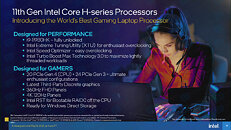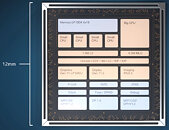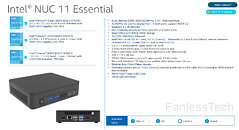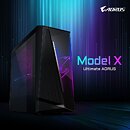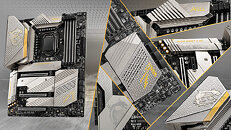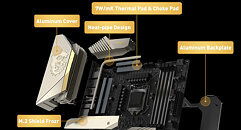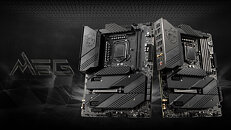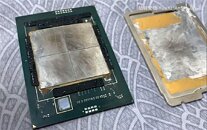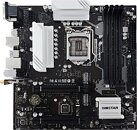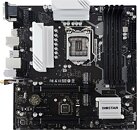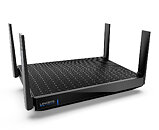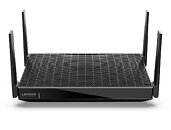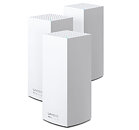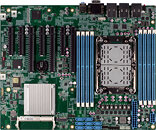Big Tech and Lobby: Semiconductors in America Coalition (SIAC) Founded With Microsoft, Apple, Intel, AMD, TSMC, Others
Since lobbying is both legal and regulated in the US (an attempt to bring attempts of influencing political power by corporations under legal boundaries, as opposed to being done in the dark), it feels like it was only a matter of time before big tech attempted to join under one banner. As such, the Semiconductors in America Coalition (SIAC) has now been put together, and boasts of 64 members including Microsoft, Apple, TSMC, Intel, AMD, NVIDIA, Arm, and Samsung. It seems that all of these companies - which are often at odds with one another when it comes to competing for consumers' choice and money - have found enough similarities to get organized in an attempt to nudge political power in their favor.
SIAC said in a press release that its mission is to "advance federal policies that promote semiconductor manufacturing and research in the U.S. to strengthen America's economy, national security, and critical infrastructure." The first announcement from the SIAC following its foundation was its intention to support the CHIPS for America Act. The Act (supported by The Semiconductor Industry Association (SIA) and President Joe Biden) has already been approved by the House and the Senate as part of the National Defense Authorization Act for 2021 but has not yet been funded. It seems that SIAC's first mission is to get the government to open up its $50 billion-deep pockets.
SIAC said in a press release that its mission is to "advance federal policies that promote semiconductor manufacturing and research in the U.S. to strengthen America's economy, national security, and critical infrastructure." The first announcement from the SIAC following its foundation was its intention to support the CHIPS for America Act. The Act (supported by The Semiconductor Industry Association (SIA) and President Joe Biden) has already been approved by the House and the Senate as part of the National Defense Authorization Act for 2021 but has not yet been funded. It seems that SIAC's first mission is to get the government to open up its $50 billion-deep pockets.


